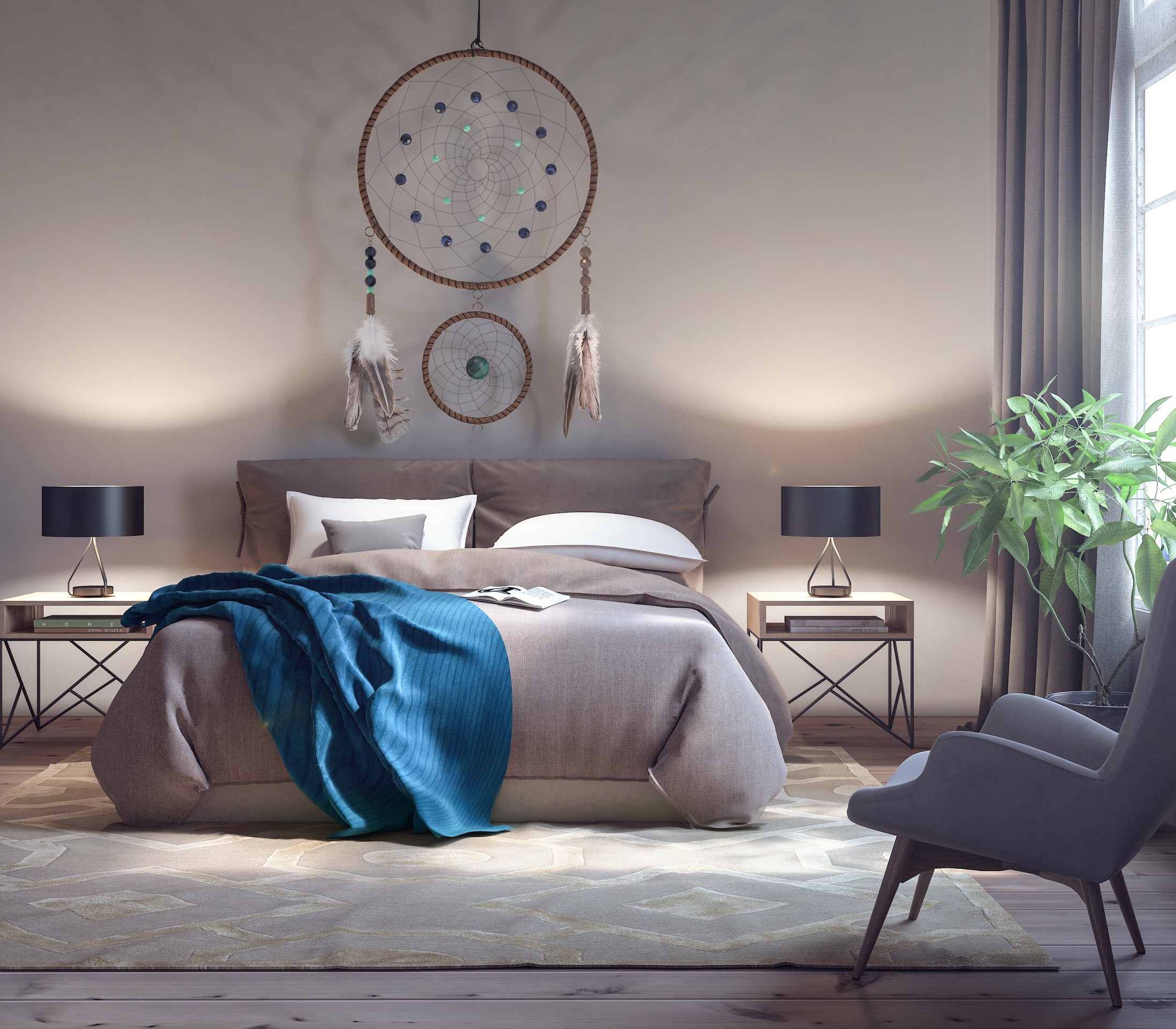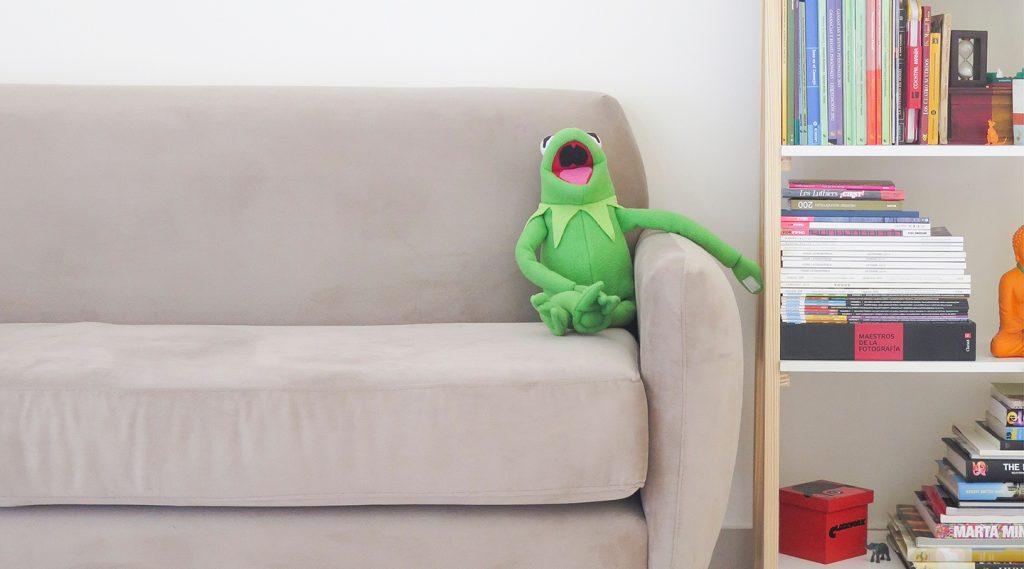You probably already heard, at least once in your life, these 5 misconceptions about sleep. Time to know the truth!
We all need 8 hours sleep per night to feel good
FALSE. “It’s like saying that everybody should have size eight shoes”. Everyone has its own unique circadian rhythm. The average sleep duration is between 7 to 8 hours but some people do need more and some others don’t. Professor Jim Horne, confirms that it’s really about what your body is accustomed to, what your genes are but also what your physical activities are. You have to listen to your body and let him adjust automatically with your sleep pattern. Buying a comfortable mattress too will help even if you have less than the required amount of sleep.
Alcohol helps sleep better
FALSE. If you still believe in this, first you should have a look at our special article about the subject: Running out of alcohol? Sleep tight and enjoy your sweetest dreams. Second, you must keep in mind that alcohol may help you temporary forget your daily problems and fall asleep quickly, but you will see the other side of the coin with snoring, insomnia and rough night few hours later.
Don’t nap if you want to sleep at night
FALSE. If you ever feel the need to nap during the day, go for it. Lack of sleep can decrease alertness and this nap will certainly help you with alertness, mood and mental/physical performance. However, you must follow one simple rule: set your alarm clock to 20 minutes! It’s all you need to get the benefit of napping. After 20 minutes, you may suffer from sleep deprivation the night after. PS: If it’s the weekend, or if you really need to make up for sleep loss, you can nap as long as you want!
Waking a sleepwalker could kill him
FALSE. You would probably want to wake him up to take him back to his bed safely but this may be very brutal and not necessary. “Sleepwalking, or somnambulism, is part of a larger category of sleep-related disorders known as parasomnias.” Sleepwalking symptoms are: meaningless talk, disorientation, opened eyes with blank expression and amnesia after the episode. In most cases, we would recommend to help the sleepwalker return to his bed without waking him.
Insomnia means anxiety
FALSE BUT not entirely wrong. Insomnia is very often related to anxiety but there are so many different types of insomnias that we cannot assume that these two exclusively belongs together. So much diverse factors could interfere with people’s sleeping issues. Therefore, insomnia does not mean anxiety in each and every case.
Now that you know the truth, if ever you find yourself stuck talking about sleep clichés with a “know-it-all” discussion partner… you have solid counterarguments!



